News | Events | Digital PR | Advertising
FG Urges U.S. to Follow Protocols in Immigrant Deportations and Visa Policy Adjustments
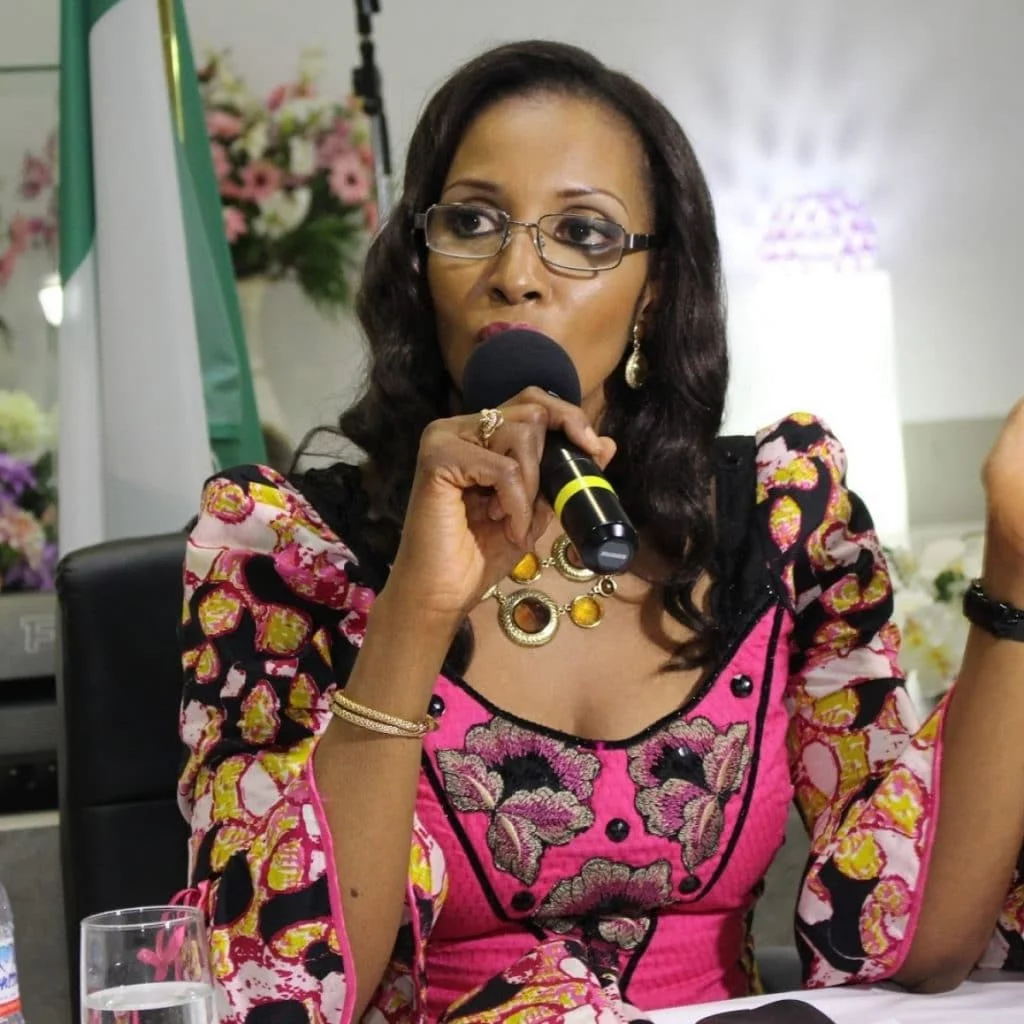
The Minister of State for Foreign Affairs, Mrs. Bianca Odumegwu-Ojukwu, has urged the United States to follow established protocols when deporting immigrants. She made this appeal in a statement issued on Sunday in Abuja, following a visit by U.S. Ambassador to Nigeria, Richard Mills Jr., to the Ministry of Foreign Affairs.
In the statement, issued by her special assistant on communication and new media, Magnus Eze, Odumegwu-Ojukwu expressed concerns over the possible suspension of the U.S. Drop Box Visa System and the emotional and financial distress that many Nigerians in the U.S. are facing. These individuals have been affected by the new administration’s intention to deport certain categories of immigrants.
“With the new U.S. administration, we want commitments. If deportation must happen, it should be dignified,” Odumegwu-Ojukwu stated. She revealed that approximately 201 Nigerians are currently in U.S. immigration camps, with around 85 cleared for deportation. She raised concerns about the potential trauma of deportation, asking, “Will they be given time to manage their assets, or will they simply be bundled onto planes and sent back?”
Odumegwu-Ojukwu emphasized that deportation impacts not only those being repatriated but also their families in Nigeria, who rely on their remittances for survival and education. She urged the U.S. government to allow deported individuals to settle their affairs before returning and to reconsider the suspension of the Drop Box Visa Policy, which could unduly burden genuine travelers applying for visas.
She called for an official U.S. statement clarifying its position on the Drop Box system to address growing concerns among Nigerians. Odumegwu-Ojukwu also highlighted that over 14,000 Nigerian students are currently studying in the U.S., with their families in Nigeria concerned about potential changes to student visa policies.
Regarding USAID’s uncertain future, she appealed for the continuation of programs, citing their importance in addressing humanitarian issues in Nigeria and across Africa. She also commended the post-COVID-19 trade relations between both countries and encouraged investment in mining, as well as the reactivation of the ‘Silent Secretariat’ for bilateral assessments.
In response, Ambassador Mills clarified that the Drop Box Visa Policy had not been suspended but was under review as part of the new administration’s policy adjustments. He assured that USAID remains committed to life-saving initiatives, particularly in healthcare and humanitarian aid, though some NGOs were experiencing difficulties.
Mills also expressed concerns about democracy in Africa, the withdrawal of three Sahel countries from ECOWAS, and the ongoing fight against terrorism. On deportation, he stated that repatriated Nigerians would be returned to Lagos, with no consideration for alternative destinations such as Port Harcourt or Abuja. The first group of deportees would include convicted criminals and those who have violated U.S. immigration laws. Some individuals who appealed their deportations were denied and must now leave.
Mills reaffirmed the U.S. commitment to strengthening trade relations with Nigeria, stating, “This administration will focus more on trade and commerce to sustain our strong relationship.”
Explore more
Scientists Research Nigeria’s Okra, Maize, Four Other Crops During NASA’s Space Mission
International astronauts will research six indigenous Nigerian crops and seeds during the...
President Trump Orders Pharmaceutical Companies To Cut Drug Prices Within 60 Days
President Donald Trump on Thursday said he asked major pharmaceutical companies to...
Microsoft To Become The Next $4 Trillion Company
Microsoft (MSFT.O), opens new tab soared past $4 trillion in market valuation...
Importers Slash Petrol Prices Below Dangote Rates Amid Rising Market Competition
Competition has hit Nigeria’s petroleum sector as fuel importers slash petrol prices...


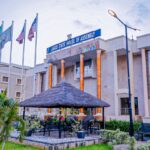

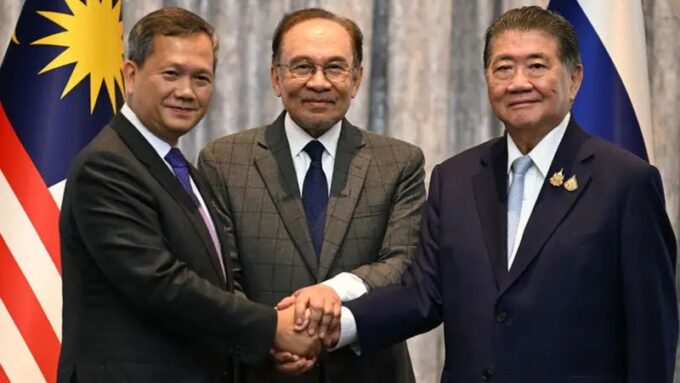


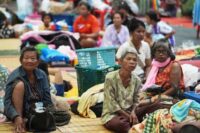

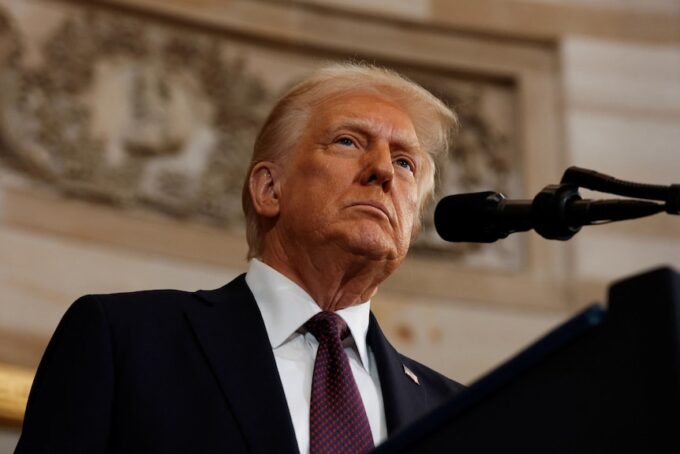


Leave a comment